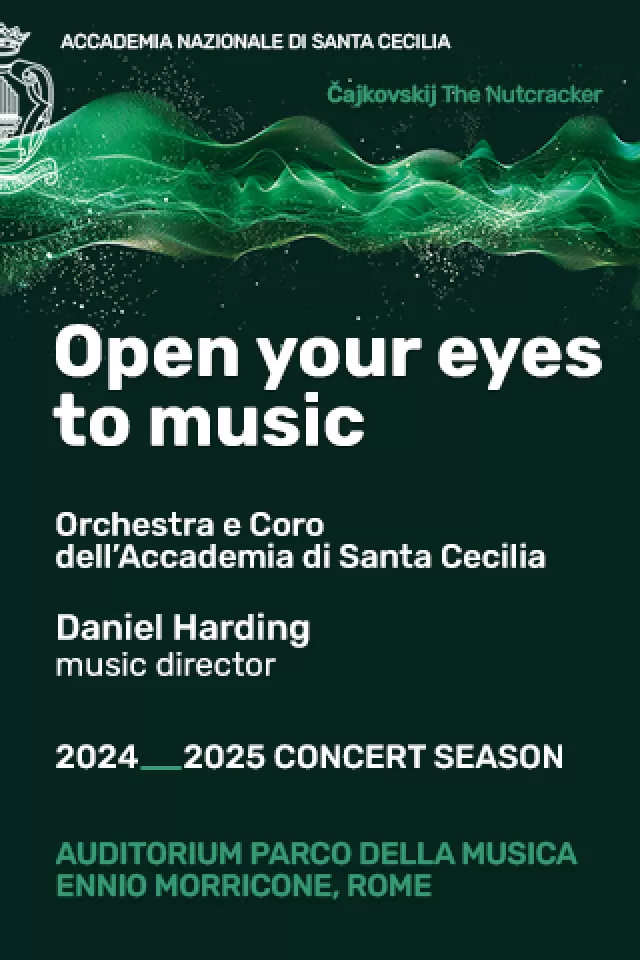A spotlight on Italy
The spotlight on Italian politics is widening to take in the whole of the European stage. Next month, Italy picks up the rotating European Union presidency, so all of a sudden what goes on here is not just of national interest. Pensions and immigration are two hot items on the European agenda, and then there is a chance that the controversial European constitution, which is currently being drawn up by the convention, will be accepted by the 15 member states at the intergovernmental conference in Rome at the end of the year. Even if they are still arguing, the debate will be in an Italian arena with an Italian chair.
That is the point, of course. Normally, few people really care who is EU president, but Silvio Berlusconis Italy is different. The biggest worry for the rest of the EU is that the prime minister is on trial for bribing a judge in the 1980s and, worse in many ways, that he appears to be using his position to attack the whole of the magistrature. It is Berlusconi himself who makes the Italian presidency so important.
For the Italian and foreign media, Berlusconi is great copy. He is certainly never boring and, as if to prove the point, he promised fireworks in court. There will be fun for all, he said menacingly in May, implying that his statements would involve his main political rival and president of the European Commission, Romano Prodi. But although it is tempting to look just at the sleaze and alleged corruption, a lot more is going on.
First of all, there were local elections in May in which almost 12 million Italians voted for provincial and city authorities. In terms of real changes, there was little at stake as the provinces have become increasingly irrelevant elements in the political management of the country and no key cities voted. But in politics symbols are important, and the province of Rome is a hefty one. In 1998, the centre-right won with 51 per cent in the run-off; last month, the centre-left Ulivo coalition won by 10 per cent, 53 per cent to 43 per cent, in the first round. The main Ulivo party, Democratici di Sinistra (DS), once again became the biggest party with 23 per cent, beating the right-wing Alleanza Nazionale (AN) with only 18 per cent. Berlusconis Forza Italia came in a poor third with 14.7 per cent.
More extraordinary than the bare figures was the votes distribution. Traditional right-wing strongholds like Parioli and Balduina were taken by the Ulivo. On the outskirts of Rome where over the last decade AN had made great gains in poor areas with high youth unemployment, the centre-left won. Commentators agreed that the victory was due to the appeal of the new provincial president, Enrico Gasbarra, but also to the quiet and solid work of Romes mayor, Walter Veltroni. Veltroni has shown what the Ulivo actually means in terms of political administration.
From a national perspective, the victory in Rome showed what the centre-left can do if it spends time working together to solve real problems. For the losers, the converse was true. AN was up in arms against its coalition allies, with its leaders blaming the Lega Nord. They maintained they lost because Lega Nord leader Umberto Bossi had begun to attack the capital again, as well as having part of the state broadcaster RAI transferred to Milan.
The cracks in the government are more visible today than at any time since the general elections in 2001. Berlusconis huge majority should in theory mean that he does not have to worry about local elections, but his problems go beyond the stirrings of nervous allies.
He came to power on the promise of economic gains for all. With three years of his mandate still to run, it would be unfair and unwise to cast judgement now. Still, there is little hope for substantial economic improvement. Some taxes have been cut but most people are paying more. Similarly, pensions have been increased for a few, but in practice most people receive less today than last year. And the world recession has meant that the 1.5 million new jobs promised are highly unlikely to materialise, as is the large increase in public spending.
There is grumbling in all sectors. Pensioners are ready to fight like others across Europe and even natural Berlusconi supporters such as the business community are highly critical.
On top of all this, the prime minister and his former lawyer, Cesare Previti, are likely to receive a verdict in their bribery case during Italys EU presidency. Berlusconi will almost certainly avoid the verdict by having a bill passed granting him immunity for as long as he is prime minister. That does not look good to the rest of the EU, and if Previti is convicted in his separate trial the implications for the Italian leader will be very serious.
Win or lose, Berlusconi is right: There will be fun for all, not just in court, but during the whole Italian presidency. We will see who is laughing at the end of it.
Picture: The election of Enrico Gasbarra as president of Rome province demonstrates what a united centre-left can achieve.
















